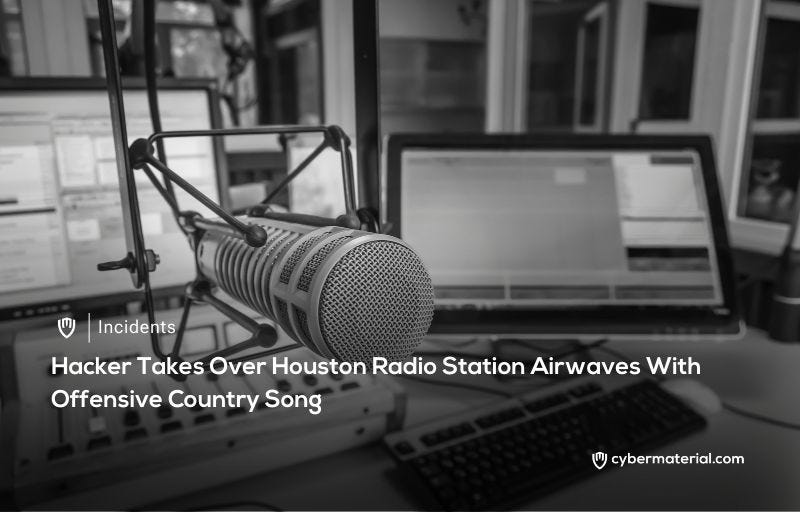
ESPN 97.5, the Houston-area affiliate for ESPN Radio, was broadcasting the Sunday afternoon matchup between the Dallas Cowboys and Philadelphia Eagles when its signal was unexpectedly compromised. The typical sports broadcast was briefly hijacked by an apparent online hacker, leading to an extremely racist and unfortunate incident that was heard by the station and its wide listening audience. This unauthorized intrusion forced the station to address the issue immediately.
ESPN’s Houston affiliate officially confirmed the disturbance on Sunday afternoon, stating that there was an “audio airing on [our] 97.5 signal that didn’t come from the radio station.” This statement acknowledged that the offensive content was external and not part of the station’s scheduled programming, indicating a malicious external attack. The confirmation came as listeners began reporting the strange and unsettling disturbance they were hearing over the airwaves.
The unauthorized audio segment played on a continuous loop for several frustrating minutes for listeners tuned into the game. The broadcast first blared a loud and recognizable Emergency Alert System (EAS) tone, which is typically used for actual emergencies and public safety messages. Immediately following the tone, a vulgar and not-safe-for-work country-music song began playing, containing profoundly racist and offensive language that caused distress to listeners.
In addition to the offensive music, the looping audio segment also promoted several social-media channels before the cycle repeated itself. This repeated intrusion pattern suggested a deliberate and sustained attack on the radio station’s broadcast signal and digital infrastructure. The nature of the content and the method of dissemination suggested a targeted act of sabotage rather than a simple technical glitch.
The station quickly posted to social media to communicate with its audience about the issue and its attempts to resolve the breach. “We are actively trying to rectify the problem,” ESPN 97.5 Houston posted at 4:34 p.m. CT, while the incident was still ongoing. “We appreciate the many of you who posted to alert us of the issue.” The station’s immediate public response confirmed the severity of the hack and its commitment to restoring normal, secure programming.
Reference:
The post Hacker Takes Over Houston Radio Airwaves first appeared on CyberMaterial.


